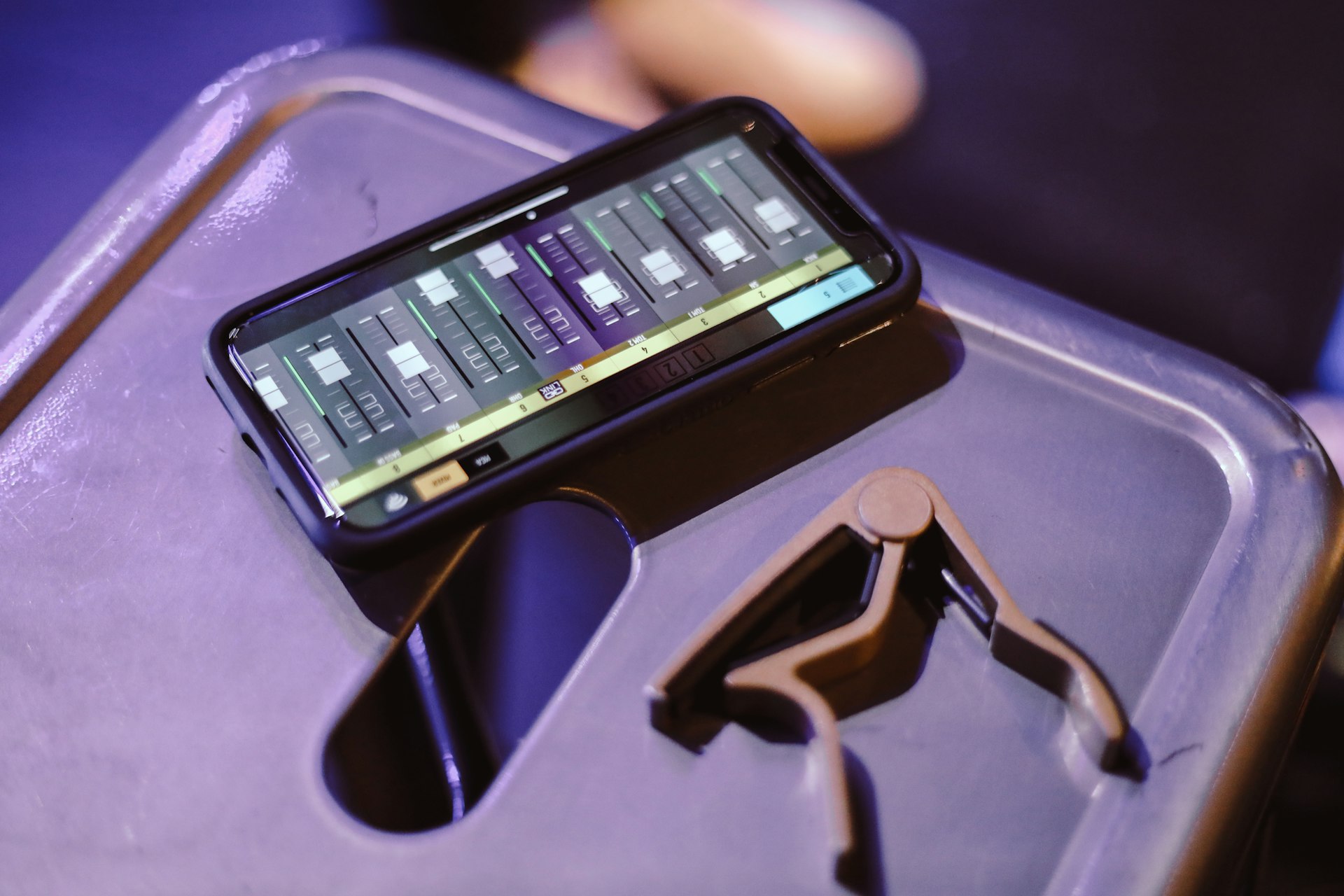Transform Your Space: Multifunctional Kitchen Design Ideas for Modern Homes

Photo by Alex Tyson on Unsplash
Introduction: The Rise of Multifunctional Kitchens
Today’s kitchens are more than places to cook-they’re dynamic hubs for dining, work, entertaining, and family activities. A multifunctional kitchen blends efficiency, versatility, and style, adapting to the evolving needs of modern life. Whether working with a compact studio flat or a spacious open-concept layout, you can maximize every inch for multiple uses. [1]
Kitchen Islands: The Heart of Multifunctionality
One of the most effective ways to create a multifunctional kitchen is with a thoughtfully designed kitchen island . Islands today are much more than extra counter space-they’re true multipurpose centers. [1] Modern islands often feature:
- Integrated sinks or cooktops for streamlined meal prep
- Built-in power outlets for appliances or charging devices
- Hidden storage compartments for utensils, cookware, or appliances
- Breakfast bars or seating for casual dining and social gatherings
- Open shelving for cookbooks and decorative items
To implement a multipurpose island, start by assessing your kitchen’s footprint. Consider features that suit your lifestyle: a built-in wine fridge for entertaining, side cabinets for extra storage, or an extended counter for homework sessions. Islands also serve as excellent visual anchors, allowing for bold design statements through contrasting colors, materials, or lighting. [2]
Space-Saving Multifunctional Furniture
For smaller spaces or studio flats, multifunctional furniture is essential. Examples include:
- Islands that double as dining tables
- Fold-out tables that transform into countertops
- Bar carts that can be rolled away when not in use
These flexible pieces allow you to adapt your kitchen for various activities throughout the day. When selecting multifunctional furniture, prioritize compactness, easy mobility, and durable materials. For instance, a fold-out countertop creates extra workspace only when needed, while a mobile cart adds storage and serving capacity without permanent installation. [3]
If you’re unsure where to source these items, search for “multifunctional kitchen furniture” on leading home design platforms, or visit local furniture retailers specializing in small-space solutions.
Open Concept and Seamless Integration
Open kitchen layouts are increasingly popular for their ability to integrate cooking, dining, and living spaces. By eliminating barriers, you create a more connected and accessible environment. Features of successful open kitchens include:
- Consistent color palettes and materials for visual harmony
- Furniture-style seating, such as upholstered bar stools or banquettes, for comfort and style
- Strategic lighting to define zones and enhance ambiance
When planning an open kitchen, focus on traffic flow and accessibility. Arrange work zones (prep, cook, clean) for efficient movement, and ensure there’s enough space for multiple users. Use area rugs or pendant lights to delineate different functional areas without physical walls. [5]
For inspiration, browse online galleries or consult with a kitchen designer for tailored recommendations.
Maximizing Natural Light and Views
Natural light not only enhances the look of your kitchen but also improves mood and functionality. Large windows, skylights, and glass doors are effective ways to brighten the space and connect it to the outdoors. [2] Even in compact kitchens, mirrors and light-colored finishes can amplify brightness and make the room feel larger.
If major renovations aren’t feasible, consider smaller upgrades: replace heavy curtains with sheer panels, install under-cabinet lighting, or add reflective backsplashes. These steps can significantly improve both the aesthetics and usability of your kitchen.
Smart Storage and Organization
Efficient storage is a hallmark of a multifunctional kitchen. Strategies include:
- Pull-out drawers and organizers for utensils and spices
- Corner cabinets with rotating shelves
- Vertical storage, like wall-mounted racks for pots and pans
- Integrated appliances to save counter space
To optimize your storage, start by decluttering-donate rarely used items and invest in containers that stack efficiently. Explore modular shelving that can be adjusted as your needs change. For professional advice, consult with storage solution specialists or visit kitchen showrooms to see the latest innovations.
Personalization and Aesthetics
Multifunctional does not mean bland. Personalize your kitchen with:
- Bold colors or textures on islands and cabinetry
- Artwork, vases, or decorative hardware for character
- Geometric patterns, such as square tiles or shelving, for a contemporary look [3]
For a modern touch, incorporate materials like quartz or soapstone, which offer durability and style. If you prefer traditional charm, opt for classic wood finishes or vintage-inspired fixtures.
Implementation: Step-by-Step Guidance
To create your own multifunctional kitchen:
- Assess your space and identify primary activities-cooking, dining, work, entertaining.
- List your must-have features, such as a multipurpose island, fold-out table, or integrated appliances.
- Set a budget and prioritize upgrades that offer the greatest impact.
- Visit verified home improvement retailers or consult certified kitchen designers for product recommendations and installation guidance.
- Consider alternative solutions if space or budget is limited-modular furniture, DIY shelving, or mobile carts.
- Plan for future adjustments: choose flexible storage and furniture that can evolve with your needs.
If you need expert support, you can search for “kitchen design consultation” on official home improvement platforms, or visit reputable design firms in your area. Many offer free initial consultations and personalized reports.
Challenges and Solutions
Common challenges include limited space, budget constraints, and balancing functionality with aesthetics. Solutions may include:
- Choosing compact, multifunctional pieces to maximize utility
- Using modular components for flexible layouts
- Prioritizing essential upgrades before decorative elements
- Seeking professional advice for complex renovations
Remember, even small adjustments can make a significant difference. Start with simple changes, like reorganizing storage or updating lighting, and expand as resources allow.
Alternative Approaches
If conventional remodeling isn’t feasible, explore DIY solutions such as wall-mounted shelves, adhesive hooks, or portable kitchen carts. For renters, temporary upgrades like peel-and-stick backsplashes or freestanding islands can add functionality without permanent changes. Always check with your landlord before making significant modifications.
Key Takeaways
A multifunctional kitchen adapts to your lifestyle, combining efficiency, style, and versatility. By incorporating smart islands, flexible furniture, open layouts, and personalized touches, you can create a space that meets your needs today and grows with you tomorrow. For more ideas, browse reputable design sites, consult with certified professionals, and explore the latest trends in kitchen innovation.

Photo by Alex Tyson on Unsplash
References
- [1] 405CS (2024). 6 Functional Kitchen Design Ideas for Any Home.
- [2] Decorilla (2025). Kitchen Trends 2025: 18 Must-Have Ideas for a Dream Kitchen.
- [3] House Beauty Tips (2025). Space Saving Kitchen Design Ideas for 2024-2025.
- [5] LX Hausys (2025). 30 Small Open Kitchen Design Ideas to Utilize Space Maximize.
MORE FROM gowithdeal.com













